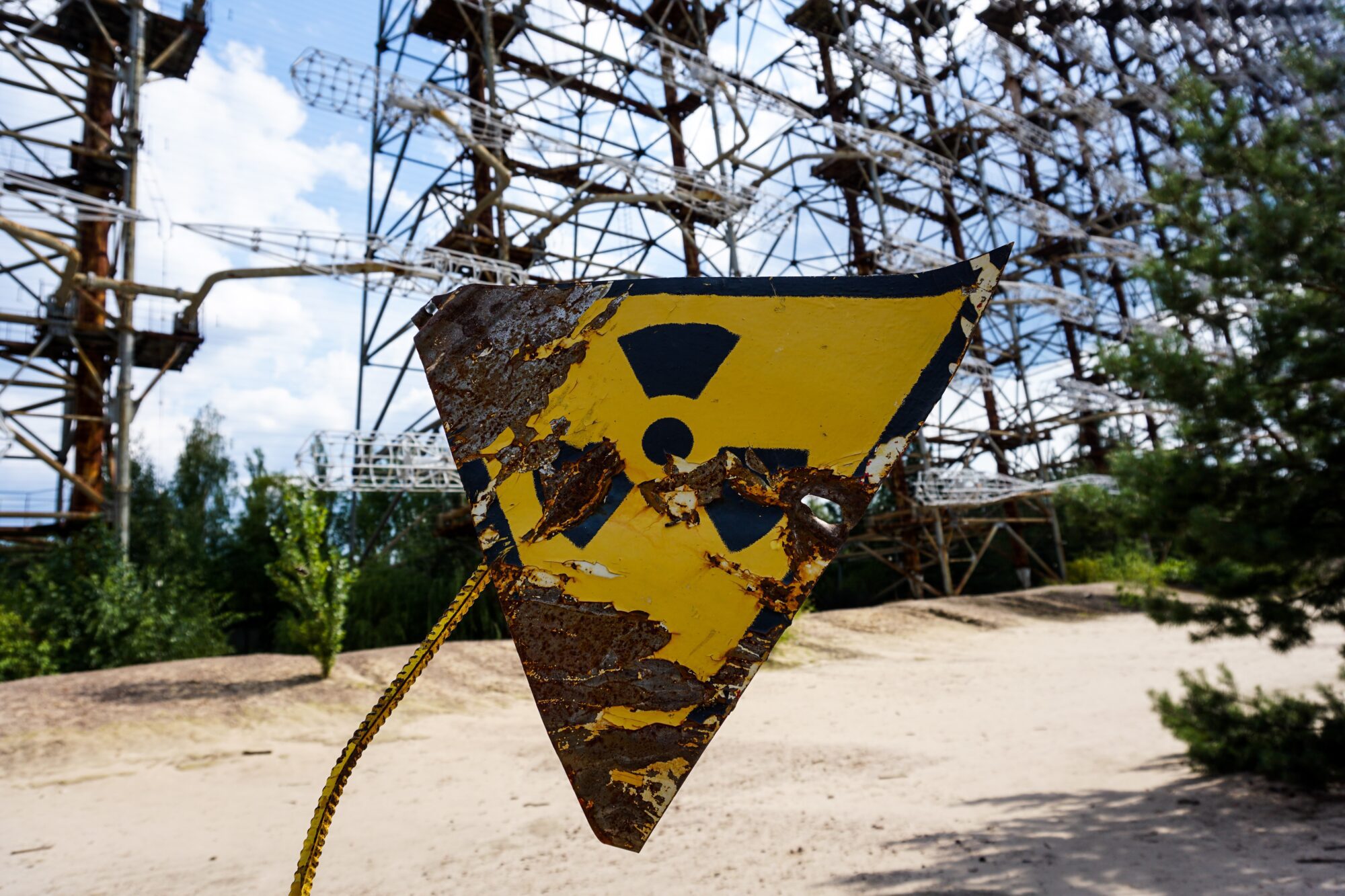
Following Russia’s announcement on Saturday that it would be stationing tactical nuclear weapons in the territory of its close ally Belarus, which borders Ukraine as well as NATO and EU member countries, reactions came from Kyiv, NATO, Washington, Brussels, and beyond, both condemning the Russian manoeuvre and calming fears of a nuclear escalation.
Ukraine’s Ministry of Foreign Affairs released a statement on Sunday, calling for an emergency meeting of the United Nations Security Council:
Ukraine expects effective measures to counter the Kremlin’s nuclear blackmail by the United Kingdom, China, the USA and France, in particular, as permanent members of the UN Security Council, which bear primary responsibility for preventing threats of aggression with the use of nuclear weapons. We demand to immediately convene an extraordinary meeting of the UN Security Council for this purpose.
Ukraine also called on the people of Belarus to stand up to Moscow:
Ukraine appeals to Belarusian society to prevent the fulfilment of the criminal purposes regarding the deployment of nuclear weapons on the territory of Belarus … We appeal to the countries of the Group of Seven and the European Union to alert the Belarusian authorities about the far-reaching aftermath for Belarus if it agrees to accept tactical nuclear weapons from Russia on its territory.
Oleksiy Danilov, the secretary of Ukraine’s National Security and Defence Council, also stated on social media that Russia was only further ingraining its negative image in the international community and warned of repercussions for Belarus, too.
putin’s statement about placing tactical nuclear weapons in Belarus – a step towards internal destabilization of the country – maximizes the level of negative perception and public rejection of russia and putin in Belarusian society. The kremlin took Belarus as a nuclear hostage.
— Oleksiy Danilov (@OleksiyDanilov) March 26, 2023
NATO spokeswoman Oana Lungescu denounced Russia’s rhetoric around its decision to move tactical nuclear weapons to Belarus territory while downplaying fears of a heightened nuclear threat.
“Russia’s reference to NATO’s nuclear sharing is totally misleading. NATO allies act with full respect of their international commitments,” she added in a statement that she also posted on Twitter. “Russia has consistently broken its arms control commitments.”
Putin justified his decision to put tactical nuclear weapons in Belarus territory as a counter to the U.S. stationing nuclear weapons within the territory of its allies geographically close to Russia.
Lungescu condemned the decision but also reassured that NATO saw no reason to react to Russia’s latest move.
“Russia’s nuclear rhetoric is dangerous and irresponsible,” she said. “NATO is vigilant and we are closely monitoring the situation. We have not seen any changes in Russia‘s nuclear posture that would lead us to adjust our own.”
Josep Borrell, EU commissioner for foreign affairs and the bloc’s top diplomat, responded with a gentle threat of sanctions against Belarus should it permit Russia to stage nuclear weapons on its territory.
#Belarus hosting Russian nuclear weapons would mean an irresponsible escalation & threat to European security. Belarus can still stop it, it is their choice.
— Josep Borrell Fontelles (@JosepBorrellF) March 26, 2023
The EU stands ready to respond with further sanctions.
The U.S. echoed NATO’s statements that it was keeping an eye on the situation but saw no reason for alarm.
National Security Council spokesperson Adrienne Watson said Washington hasn’t seen “any indications Russia is preparing to use a nuclear weapon,” and that it would “monitor the implications” of Putin’s announcement, the AP reports.
Germany’s foreign ministry called Putin’s announcement a “further attempt at nuclear intimidation,” the AP reports.
“The comparison drawn by President Putin to NATO’s nuclear participation is misleading and cannot be used to justify the step announced by Russia,” the statement also said.
